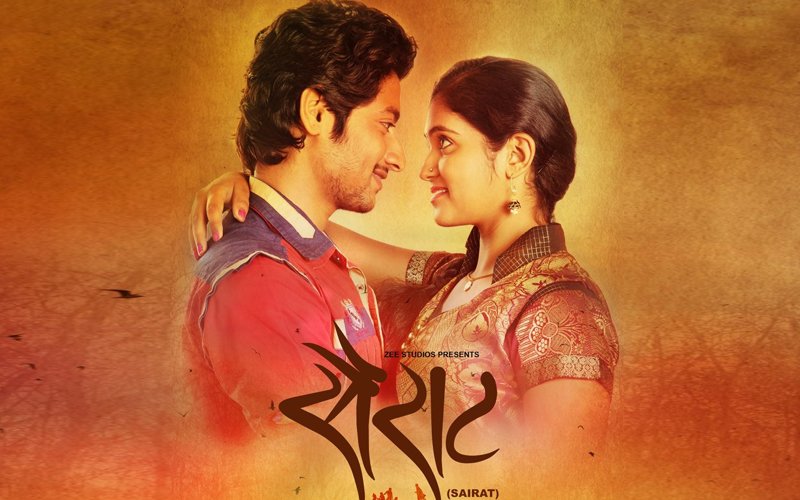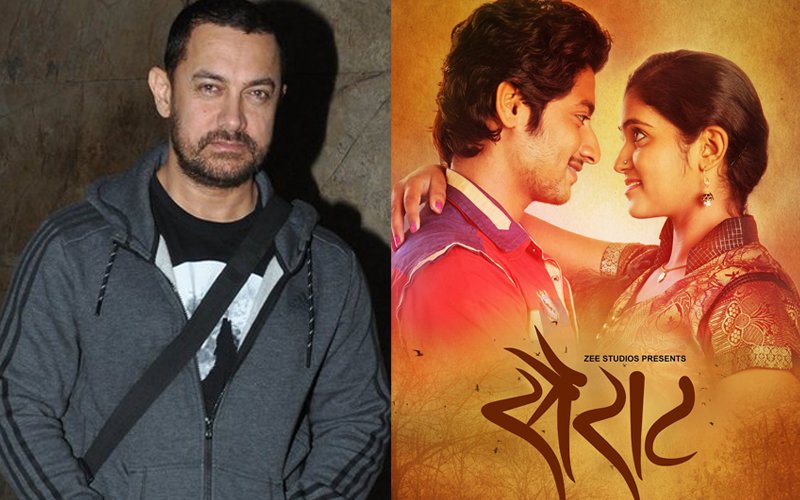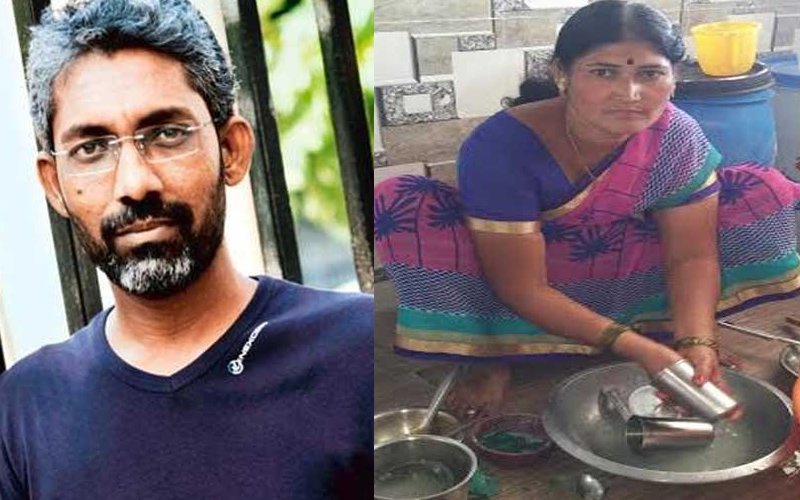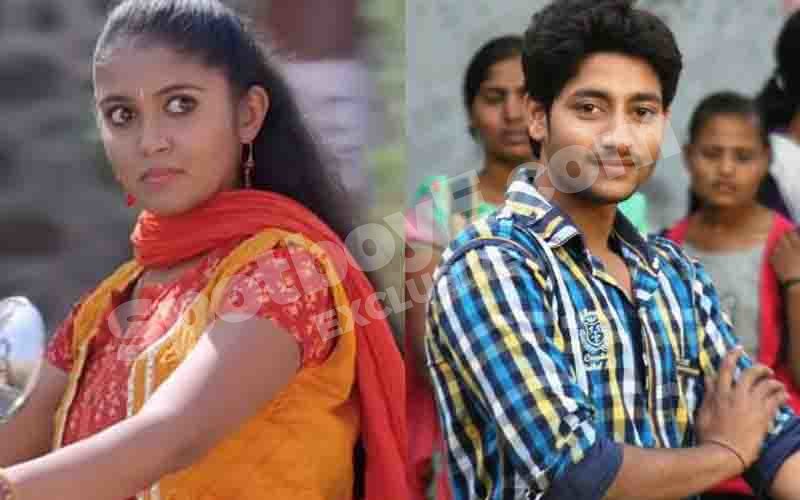Sairat: Why the Marathi film on caste differences has become the super hit of the year
Here's the latest update from the world of Bollywood. We bet you wouldn't want to miss this. Read on for details... Still running to jam-packed houses full of viewers of every generation

For those who came in late, like I did, here’s an update: the Marathi film, Sairat is a stunner. Neither technically nor for its content, but for its unwavering compassionate storytelling style which draws you up, close and personal to the caste-crossed lovers: Prashant nicknamed Parshya and Archana aka Archie.
Their ecstasies and agonies become ours, we want them to be winners, come what may. The last scene is one of its kind, a slap on the face of all the spectators who, incidentally, watched the finale with pin-drop silence – a rarity in the cellphone-chiming and incessant jabberwocky ambience of any multiplex.
In fact the Big Cinema Metro ‘plex in Mumbai’s Marine Lines was jam-packed on a weekday afternoon. On checking out the film, released April-end, there’s no arguing that it’s being justifiably rated as a cultural phenomenon. At the screening, I noticed the stalwart theatre personality, Dr Vijaya Mehta, and in another row, the distinguished novelist Kiran Nagarkar.
In addition, B-town’s trade bosses have been startled by the whopper hit, which has collected that magic figure of Rs 100 crore-plus.
To be honest, I was procrastinating. Should I venture into Sairat or not? The media expose of its director, Nagraj Manjule, as a man who has despicably ill-treated his wife, Sunita, leaving her to toil as a maid-servant, is a clear deterrent.
Who wants to join the serpentine queues to partake in his hypocrisy? Why be privy to the work of a filmmaker who wears the badge of social progressiveness (as he also did in the National Award-winning Fandry), but practises exactly the opposite of what he preaches? Shame.
Still, I would like to believe that the power of cinema is such that it works on its own steam, and as an outcome of team labour. Moreover, I’ve seen a majority of accomplished film helmers and even actors behave like third-rate human beings.
Maybe I’m advancing excuses. All I can say is that I’d watch Sairat again and again to grasp all its complexities but wouldn’t ever like to ever come face-to-face with its director unless he’s ready to answer the horde of questions raised by the expose.
Back to the film then, which is enhanced by an emotionally-charged, shorn-of-glamour performance by Rinku Rajguru as the local grandee’s daughter. This is counter-pointed by a controlled one by Akash Thosar as the low-caste boy of a Maharashtrian township.
The script is divided into neat sections: their mutual attraction, the outrage against such a taboo relationship, their flight from the rural badlands, the tribulations endured while adjusting to one another in Hyderabad, the transient moments of bliss, and a finale which is predictable but executed with a lacerating impact.
The plot, which some have compared to Qayamat Se Qayamat Tak, goes way beyond the ordinary because of its witty asides (an old woman ranting against the obsession with cricket), touching vignettes (Archie can’t do without mineral water even in a crisis), besides the excellent use of ellipses (time lapses, transitions and vital scenes are suggested, not shown), a bold breakaway from spoon-feeding the audience.
Melodrama is downscaled instead of being heightened in the tinderbox atmosphere which simmers throughout the 174-minuter. Throughout, it’s asserted that today’s youth should have the freedom of following its own impulses. That may sound like an age-old ideal, but it still connects with a spectrum of generations. Not surprisingly, the multiplex audience comprised of as many old-timers as well as campus students.
Delightful sidebar characters stay with you: the smitten couple’s buddies enacted by Tanaji Galgunde and Arbaz Sheikh, who’re as lifelike as it gets. On being admonished by a grizzled old man for risking their lives by fleeing with the couple, they look so sheepish, instantly conveying that selfless friendship doesn’t require any reason.
Ajay-Atul’s inspired music score’s yet another asset, especially for the bouncy dance number Zing zing zingat. Scan the social media, and you’ll discover posts raving about the intoxicatingly choreographed set piece. Indeed, Sairat which means Totally Wild and Zinaat which denotes Boundless Happiness or a Sweet Hangover, are now familiar words in a moviegoer’s vocabulary.
Inevitably, you do wonder if the 39-year-old Nagraj Manjule will ever be able to top this act of power and passion. The answer my friends, is blowin’ in the wind.
Image Source: twitter/SairatMovie







